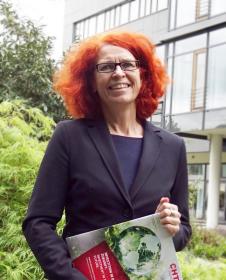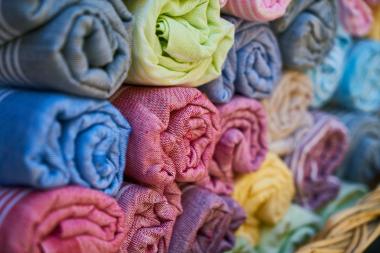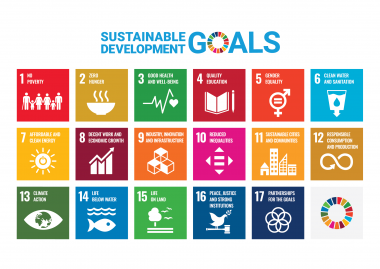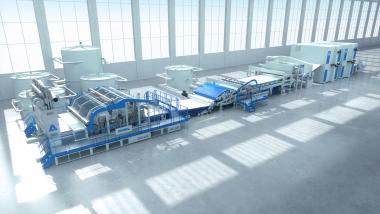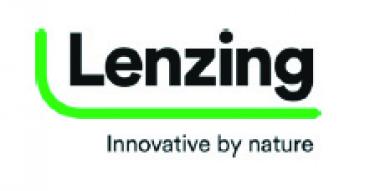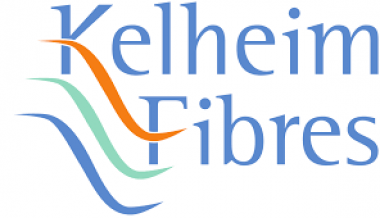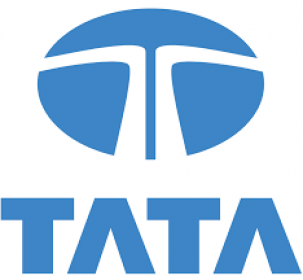CHT Germany GmbH: Dr. Annegret Vester is Chief Sustainability Officer (CSO)
As of October 1, 2021, Dr. Annegret Vester has assumed responsibility for sustainability issues of the CHT Group. With the Doctor of Chemistry, the ideal person for the CSO position could be found in many respects.
Dr. Vester has many years of experience in the transformation of CHT into today's sustainability-focused chemical company in her positions as Head of Global CHT Marketing and as Head of Strategy and Business Development.
In recent years, she has been responsible for the company's excellent rating in the EcoVadis assessment with regard to corporate social responsibility activities. The realignment of the corporate strategy with the United Nations Sustainable Development Goals (UNSDG) has been one of her tasks, as has the annually published CHT Sustainability Report documenting the measures and successes.
With the appointment of Dr. Vester, the CHT Management Board once again underlines the essential importance of sustainability for the strategic orientation of the globally operating group of companies.
CHT Germany GmbH


